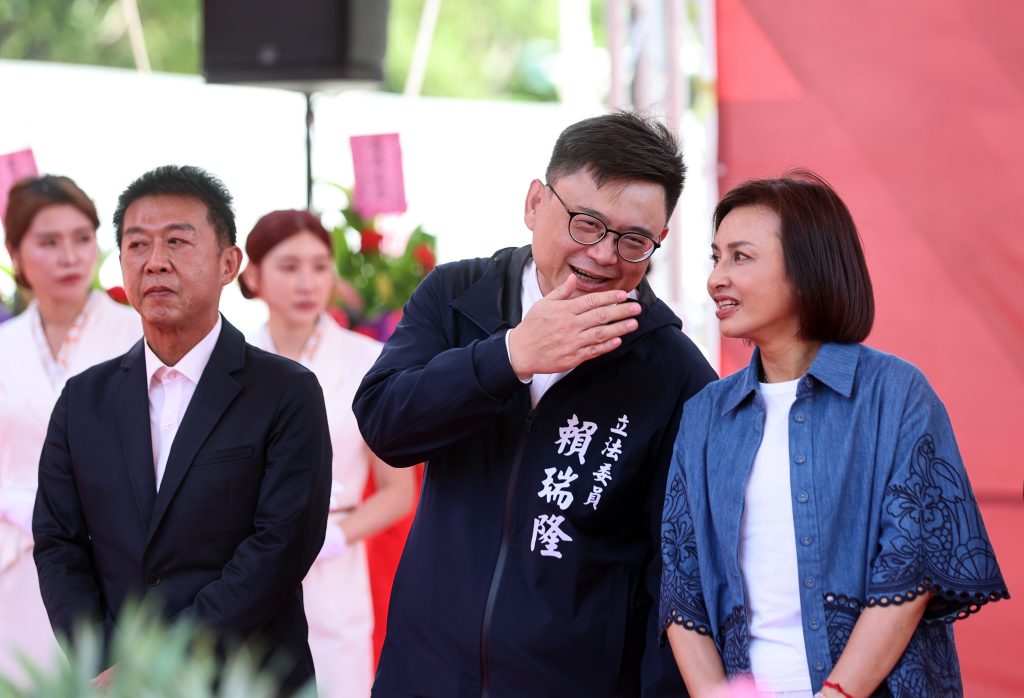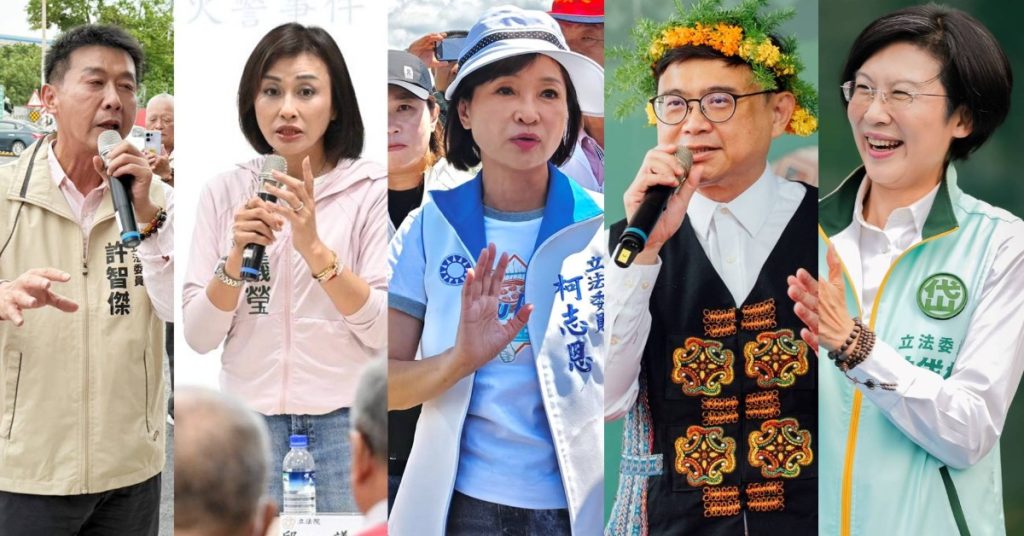Factional unity fades; all four contenders vow to fight to the end
By Eryk Michael Smith
KAOHSIUNG — Legislator Lin Dai-hua (林岱樺), one of four Democratic Progressive Party (DPP) 2026 Kaohsiung mayoral nominee candidates, was once the clear frontrunner. But Lin’s campaign, UDN and other news sources report, is losing traction following an indictment in a legal case that damaged her standing.
Once buoyed by strong early polling and factional backing, her decline has reportedly left the DPP’s Kaohsiung network — known as the Chu faction (菊系), linked to former Mayor Chen Chu (陳菊) — divided and unmotivated to unite behind a single candidate.
Along with Lin, DPP candidates for the ’26 nod are legislators Chiu Yi-ying (邱議瑩), Lai Rui-long (賴瑞隆), and Hsu Chih-chieh (許智傑).
“Everyone still has a chance, but no one has it locked,” one party insider said, describing the shifting balance of power.
Early in the race, with Lin ahead, the Chu faction had explored consolidation to prevent vote-splitting. But as her popularity slipped, enthusiasm for such coordination waned. Chiu, though once associated with Chen’s circle, now draws most of her support from Mayor Chen Chi-mai (陳其邁) and members of the influential Taiwan Forward faction (Yongyan Association 湧言會), neither directly part of the Chu faction.
That leaves Lai and Hsu as the two most likely to benefit if the faction attempts any late-stage alliance.
Behind the scenes, some DPP members say they are concerned that all four seem set to stay in the race — and this disunity comes as Kuomintang (KMT) candidate Ko Chih-en (柯志恩) is gaining strength. Once seen as a long shot, Ko’s steady rise could make the 2026 mayoral race one of Kaohsiung’s most competitive in years.

POLL DATA FROM LATE SEPTEMBER 2025
Polls indicate public opinion within the ruling party is increasingly split.
A Sept. 26 analysis by the Taiwan Public Opinion Center (TPOC, 台灣議題研究中心) using the QuickseeK data platform found that Chiu Yi-ying (邱議瑩) generates the highest overall media and online visibility among the DPP hopefuls — but ranks lowest in public favorability. Lai Rui-long (賴瑞隆), by contrast, has the smallest media footprint but the strongest positive sentiment.
The data highlight a paradox within the DPP’s Kaohsiung ranks: popularity doesn’t necessarily translate to favorability, and name recognition alone may not secure the nomination. With no clear frontrunner, the question now facing the party — and voters — is who can best unify the DPP’s diverse factions into a winning coalition.



